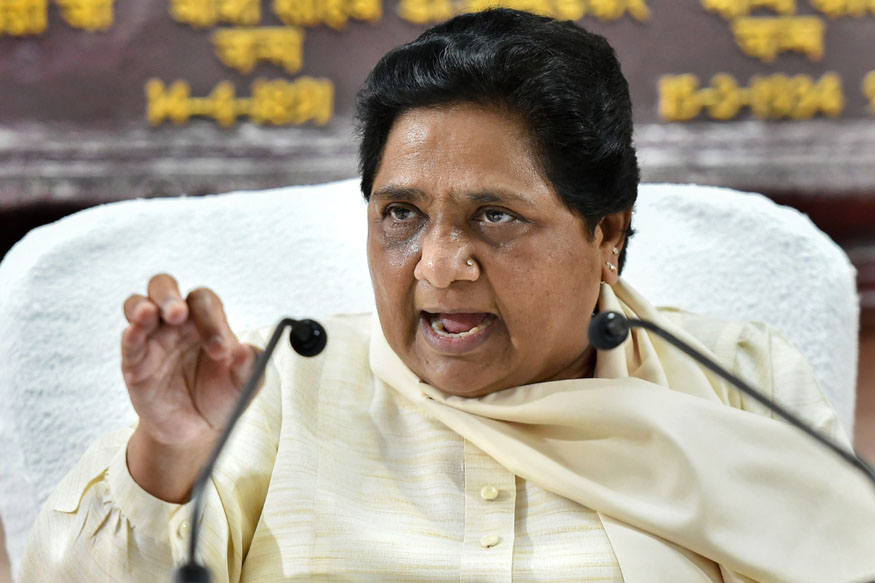
New Delhi: The Bahujan Samaj Party (BSP) is seeing its worst performance in the 2020 Delhi elections with its vote share dropping below 1%, early trends indicate.
Trends show that in the Delhi polls — which were polarised between Shaheen Bagh and ‘Bijli-Paani’ — BSP garnered only 0.58% votes.
The BSP contested its first assembly polls of Delhi in 1993, with candidates on 55 seats and bagged 1.88% votes. In 1998, it fielded 40 candidates and garnered 5.76% votes.
This increased in 2003 when the party won 8.96% votes, After the BSP won 206 seats in the 2007 Uttar Pradesh assembly elections, it won two seats in the 2008 assembly polls, bagging 14.05% of votes.
In 2013, the Mayawati-led party got 5.35% with 69 candidates in the fray. This fell further to 1.30% in 2015, thus making 2020 its worst performance so far.
The BSP has put up 70 candidates in Delhi across castes and communities. With over 20 lakh Dalits and 12 reserved seats, Delhi BSP chief Laxman Singh told IANS, “If only Dalits vote for the party, we do not require anybody else.”
Interestingly, of the 12 reserved constituencies in Delhi assembly, only Gokalpuri had a BSP MLA in 2008. The BSP won two seats in the 2008 assembly polls — one being unreserved Badarpur.
Psephologist Sanjay Kumar had earlier told News18.com that BSP’s vote share had improved from 1998 and the party performed well in 2008 Delhi election.
Analysis in recent reports shows BSP bagged 14.05 per cent of votes in 2008 and has not repeated or excelled that figure.
The select reserved seats like Sultanpuri Majra, Mongolpuri, Deoli, Ambedkar Nagar, Kondli, have neither had a BJP MLA nor a BSP MLA in its electoral performance since 1993.